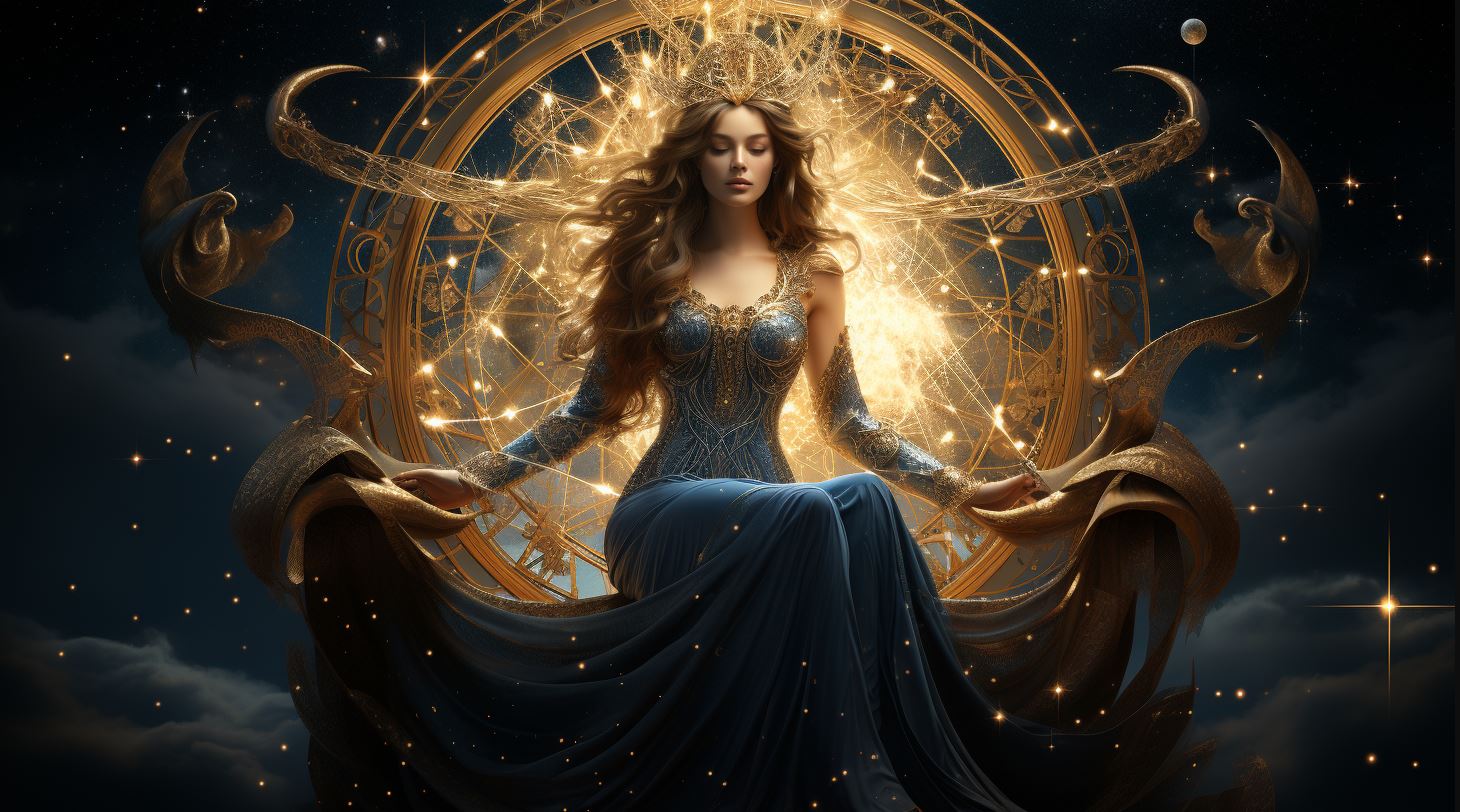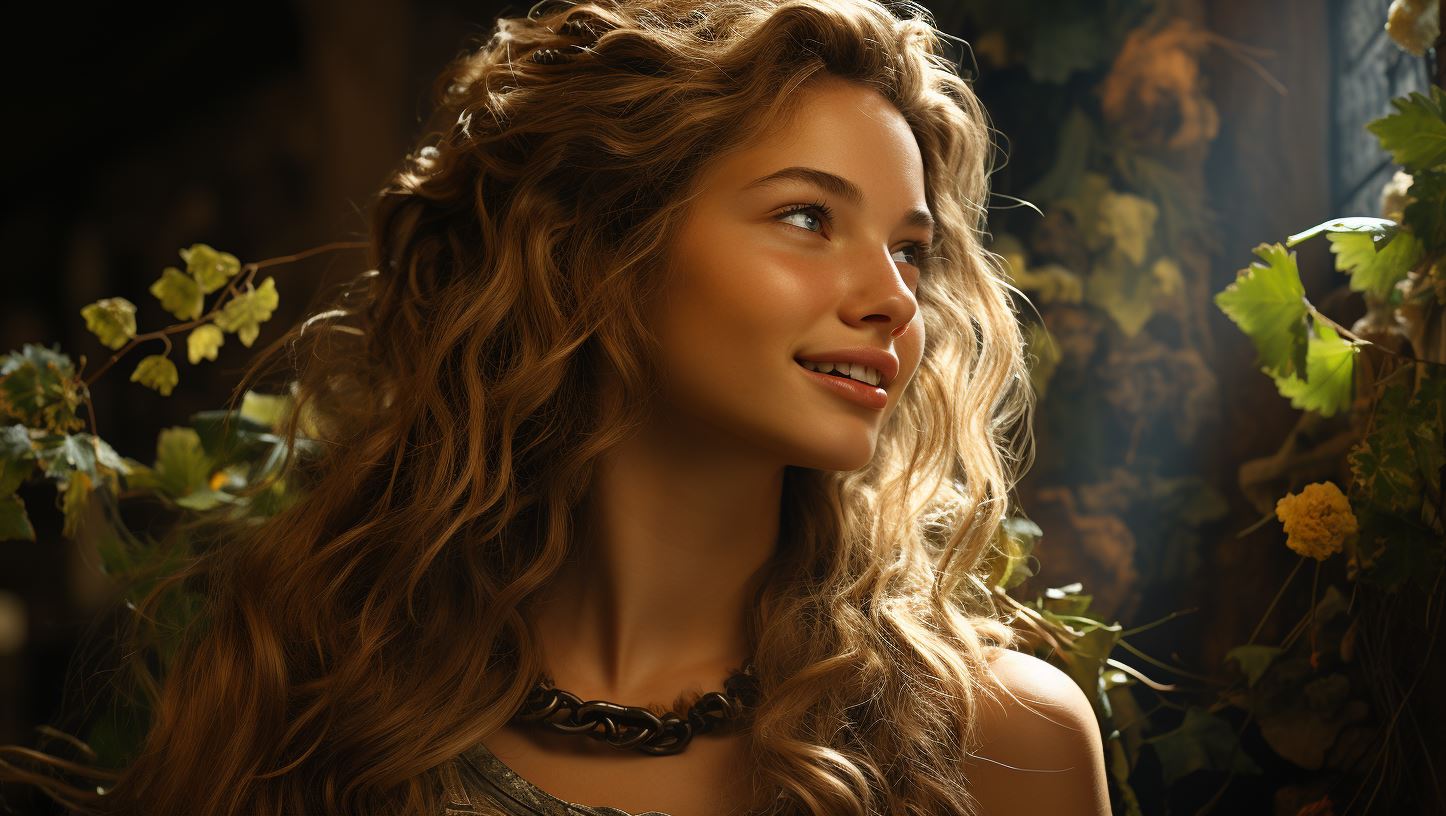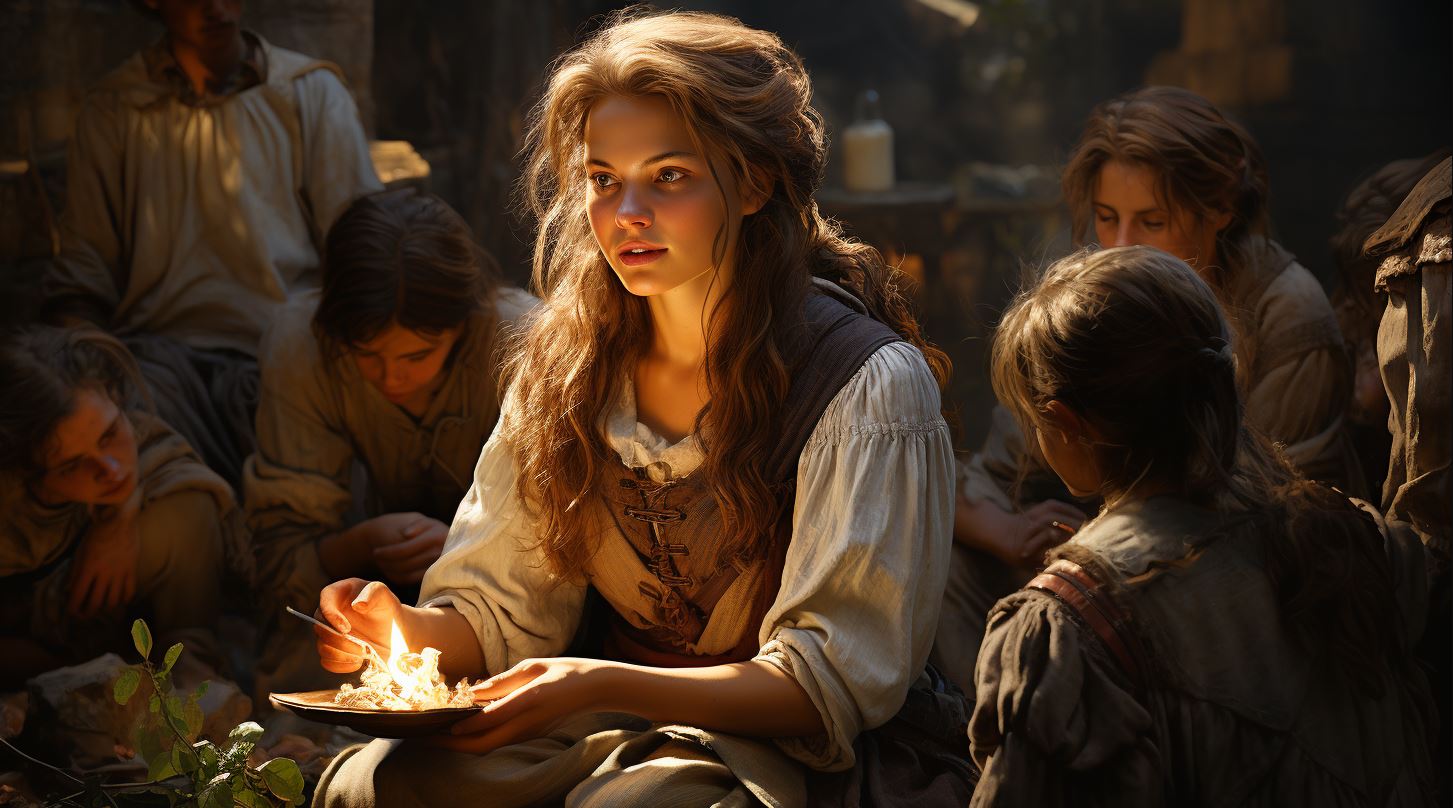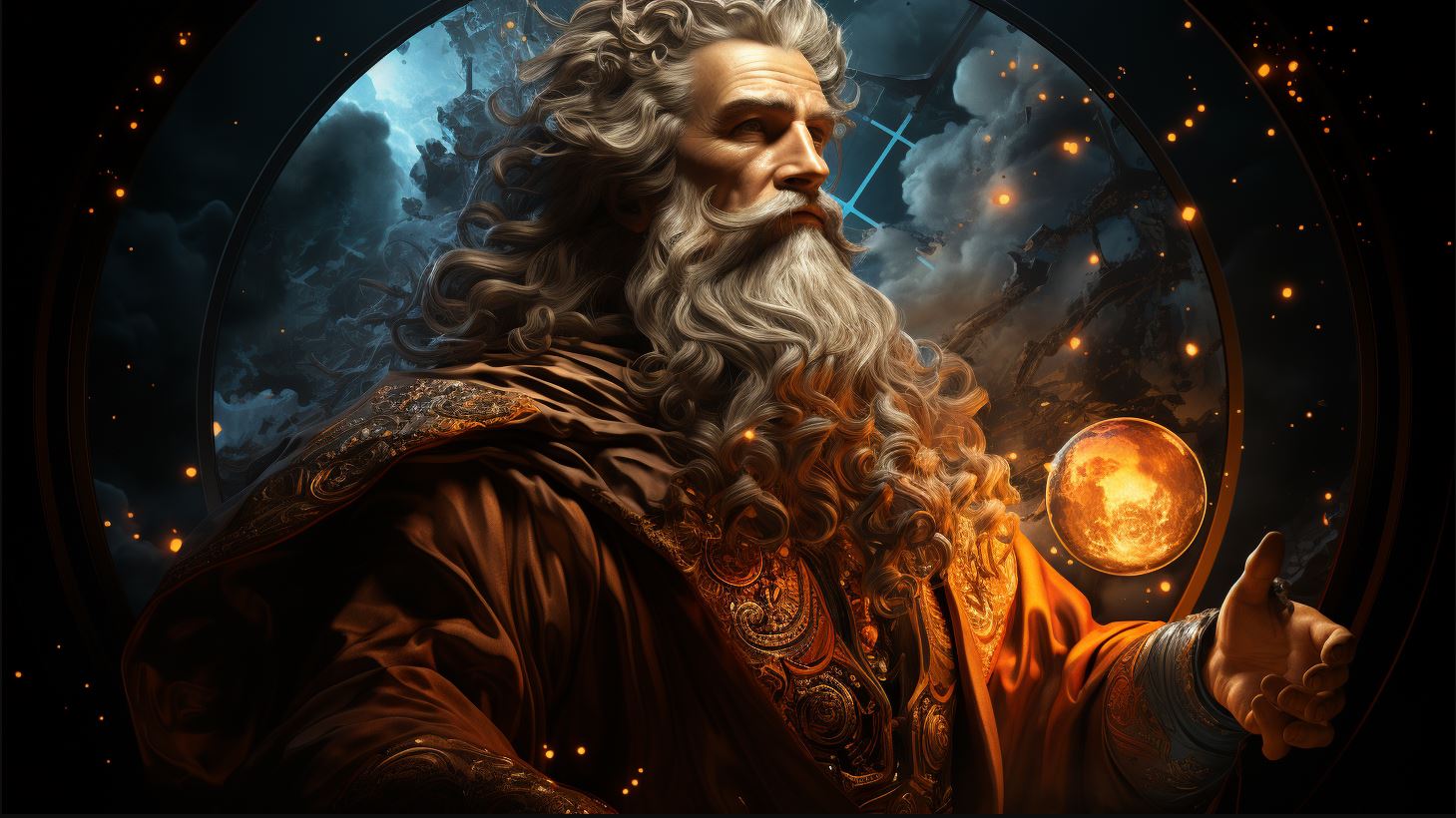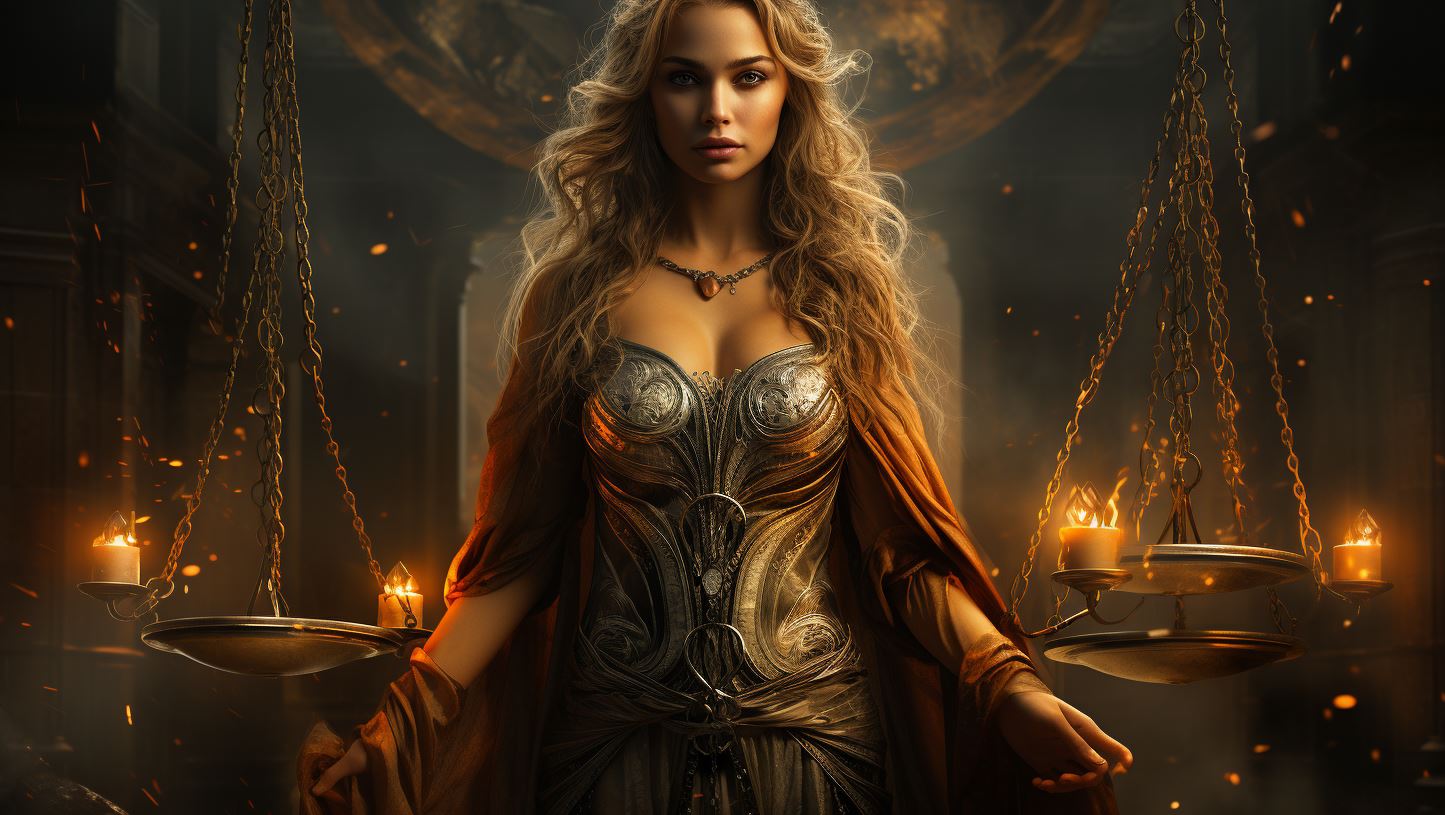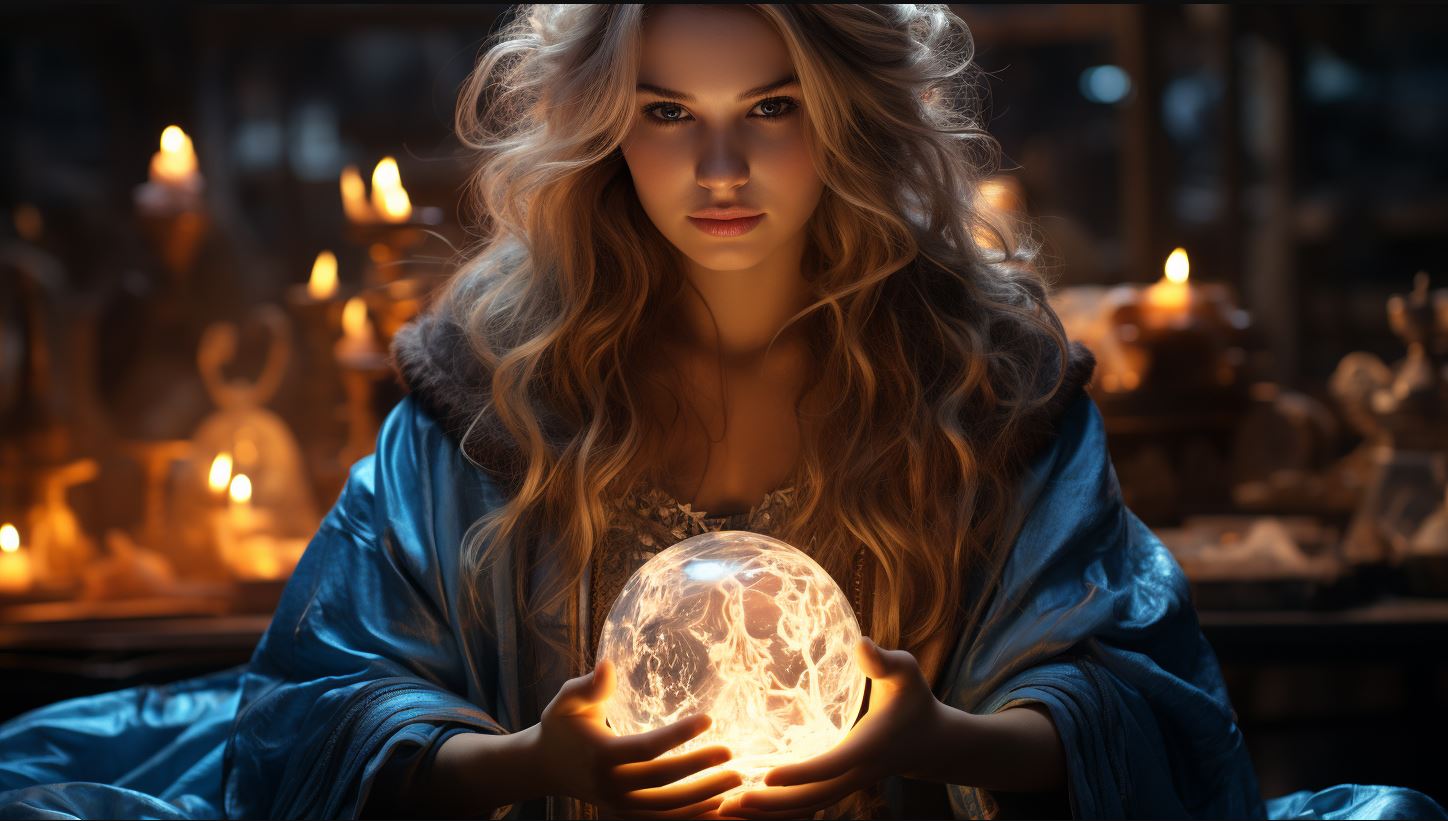Lady of the Lake Mythology: Unveiling the Mysteries and Legends of this American Folklore

Lady of the Lake mythology holds a significant place in American folklore, intertwining ancient Celtic beliefs with medieval British legends. Revered for her connection with King Arthur and her role in bestowing Excalibur, she has captivated audiences across generations.
This article delves into the origins, variations, symbolism, and historical context surrounding the Lady of the Lake. Welsh mythology, medieval romances, and modern interpretations are explored, shedding light on the themes of feminine power, mysticism, and character development.
Join us on this enchanting journey through the world of Lady of the Lake mythology.
The Origins of Lady of the Lake Mythology
The Lady of the Lake mythology holds its roots in ancient Celtic beliefs and folklore, fascinating tales passed down through generations. These stories depicted a sacred figure who embodied the mystical powers of water bodies, such as lakes, rivers, and springs.
Revered as a guardian and bestower of wisdom, the Lady of the Lake represented the harmonious connection between nature and spirituality.
Ancient Celtic Beliefs and Folklore
Around 400 BCE, the Celts revered water as a source of life and considered lakes as sacred spaces bridging the earthly and supernatural realms. They believed that mystical beings, like the Lady of the Lake, resided within these enchanted waters.
These beings were enigmatic figures associated with healing, prophecy, and the bestowment of mystical artifacts.
In Celtic folklore, the Lady of the Lake was often associated with magical elements and possessed supernatural abilities.
She was believed to have the power to shape-shift into the form of a swan, allowing her to move effortlessly between the human and spirit worlds.
Incorporation into Medieval British Legends
As the Arthurian legends took shape during the Middle Ages in Britain, the Lady of the Lake found her way into these captivating tales.
What began as Celtic folklore seamlessly integrated with the narrative of King Arthur, fusing British and Celtic mythology.
In Arthurian legends, the Lady of the Lake became an integral figure closely tied to the destiny of King Arthur himself.
She became known as the guardian of the mystical sword Excalibur, which she bestowed upon Arthur, signifying his rightful place as the ruler of Camelot. Her association with this legendary weapon symbolized her role as a provider of power and guidance to the chosen one.
The incorporation of the Lady of the Lake into the Arthurian legends brought together the spiritual beliefs of the Celts and the chivalrous ideals of medieval Britain. This fusion captivated the imagination of audiences, creating a rich tapestry of mythology that continues to inspire and enthrall to this day.
The Role of Lady of the Lake in Arthurian Legends
The Lady of the Lake plays a significant role in the captivating tales of King Arthur and his knights. Let’s delve into the different aspects of her involvement in the Arthurian Legends, from her connection with the legendary King himself to the bestowal of Excalibur and her mentorship of Lancelot.
Connection with King Arthur
The Lady of the Lake shares a deep connection with King Arthur, often depicted as a mystical and compassionate figure. She emerges from the waters to guide and support the young Arthur, shaping his destiny as the future King of Camelot.
Their connection represents a spiritual bond and highlights her pivotal role in Arthur’s journey.
The Bestowal of Excalibur
One of the most iconic moments in the Arthurian Legends is the Lady of the Lake’s bestowal of Excalibur, the legendary sword. From the depths of the lake, she offers this sacred weapon to Arthur, symbolizing his right to rule and his status as a true leader.
This iconic scene showcases the Lady’s power and her instrumental role in Arthur’s rise to the throne.
Mentorship of Lancelot
In addition to her connection with King Arthur, the Lady of the Lake plays a significant role in the mentorship of Lancelot, one of the most renowned knights of the Round Table.
She guides Lancelot’s development, imparting wisdom and shaping his journey as a noble and virtuous knight. Her influence on Lancelot’s character adds depth to the Arthurian Legends and emphasizes her role as a wise and spiritual guide.
Variations of Lady of the Lake in Different Stories
In the realm of Lady of the Lake mythology, there are a variety of intriguing variations that have emerged over time. These variations span different cultures, time periods, and literary traditions, offering unique perspectives on this captivating character.
Let’s delve into the rich tapestry of these variations to gain a deeper understanding of the Lady of the Lake.
Welsh Mythology and the Lady of the Lake
Within Welsh mythology, the Lady of the Lake holds a prominent role as a supernatural figure associated with enchantments and wisdom. Referred to as ‘Gwenhwyfar’ or ‘Nineve’, she is often depicted as a guardian of the mystical realm, bestowing gifts of power and knowledge upon those deemed worthy.
Legends tell of her presence in magical lakes and sacred springs, where she emerges to interact with mortals and shape their destinies.
Lady of the Lake in Medieval Romances
The Lady of the Lake gained significant recognition through her portrayal in medieval romances. In these narratives, she assumes the role of a pivotal character, intertwining her fate with King Arthur and the Knights of the Round Table.
Her association with Arthurian legends reaches its zenith as she becomes the catalyst for Arthur’s acquisition of Excalibur, the legendary sword. Additionally, she serves as a mentor to the valiant and tragic knight, Lancelot, guiding him on his chivalric quest.
Modern Interpretations and Pop Culture References
The enduring allure of the Lady of the Lake extends into contemporary times, as her character continues to captivate audiences through modern interpretations and pop culture references. From novels to films, her presence is felt in various forms of media.
Writers and filmmakers have imagined new dimensions to her story, adding twists and complexities to her character while maintaining her core mystical essence. Pop culture references pay homage to her legendary status, celebrating her as an iconic figure in the realm of mythology.
Exploring the Symbolism and Themes in Lady of the Lake Mythology
Exploring the Symbolism and Themes in Lady of the Lake Mythology takes us on a fascinating journey into the depths of this enchanting folklore. The tales surrounding the Lady of the Lake are rich with symbolism and profound themes that resonate with audiences across generations.
Representations of Feminine Power and Wisdom
One captivating aspect of Lady of the Lake mythology is its portrayal of feminine power and wisdom. The Lady of the Lake is often depicted as a magical being who possesses immense knowledge, strength, and influence.
Her connection to bodies of water, particularly lakes, symbolizes the depths of her wisdom and intuitive nature. Through her actions and guidance, she demonstrates that feminine characters can be central figures in tales of heroism and destiny.
Themes of Mysticism and Enchantment
Mysticism and enchantment permeate the narratives surrounding the Lady of the Lake. As a mystical figure herself, she serves as a bridge between the human and supernatural realms. Her ability to bestow Excalibur upon King Arthur exemplifies the magical nature of her role.
The lake from which she emerges becomes a symbol of mystery and wonder, often associated with transformation and spiritual awakening. These mystical elements contribute to the allure and enduring appeal of the Lady of the Lake mythology.
Moral Lessons and Character Development
The stories featuring the Lady of the Lake offer valuable moral lessons and insights into character development. Through her mentorship of Lancelot, the Lady of the Lake becomes instrumental in his growth as a knight.
Her teachings emphasize the importance of honor, chivalry, and moral righteousness. Additionally, her presence in Arthurian legends showcases the consequences of choices made by both heroes and villains, serving as a reminder of the inherent complexities of human nature and the power of redemption.
The symbolic representations, mystical themes, and moral lessons found within Lady of the Lake mythology captivate readers and inspire contemplation about the nature of power, wisdom, and personal growth. This exploration delves deep into the layers of symbolism and themes, shedding light on the enduring significance of the Lady of the Lake in the realm of mythology.
Lady of the Lake in Historical Context
In exploring the historical context surrounding the Lady of the Lake mythology, it is essential to consider the influential works that shaped her portrayal and significance. Several literary sources have played a fundamental role in shaping the character and legends associated with her.
Influences from Geoffrey of Monmouth’s Historia Regum Britanniae
One of the primary sources that contributed to the development of the Lady of the Lake mythology is Geoffrey of Monmouth’s “Historia Regum Britanniae.” This influential medieval Latin chronicle, written in the 12th century, laid the foundation for the popular legends of King Arthur and his association with the Lady of the Lake.
Geoffrey’s narrative weaves together elements of Celtic and British folklore, introducing magical aspects and emphasizing the Lady’s role in bestowing Excalibur upon Arthur.
Impact of Sir Thomas Malory’s Le Morte d’Arthur
Another significant work that has shaped our understanding of the Lady of the Lake is Sir Thomas Malory’s “Le Morte d’Arthur.”
This compilation of Arthurian legends, written in the late 15th century, consolidated and popularized the stories surrounding King Arthur and his knights. Malory’s portrayal of the Lady of the Lake, particularly her relationship with Arthur and her role in bestowing Excalibur, greatly influenced subsequent adaptations and interpretations of the mythology.
Scholarly Perspectives and Research Insights
Over the years, numerous scholars and researchers have delved into the Lady of the Lake mythology, providing invaluable insights and interpretations. Their analysis has shed light on the symbolic significance of the Lady, such as her representation of feminine power, wisdom, and the mystical aspects associated with her character.
Additionally, scholarly works have explored the moral lessons embedded within the Arthurian legends and the character development facilitated by the Lady’s mentorship of Lancelot.
From Geoffrey of Monmouth’s “Historia Regum Britanniae” to Sir Thomas Malory’s “Le Morte d’Arthur” and the extensive research conducted by scholars, the historical context surrounding the Lady of the Lake mythology offers a rich tapestry of influences, adaptations, and interpretations.
Understanding these influences provides a deeper appreciation for the enduring allure of the Lady of the Lake and her significance within Arthurian folklore.












